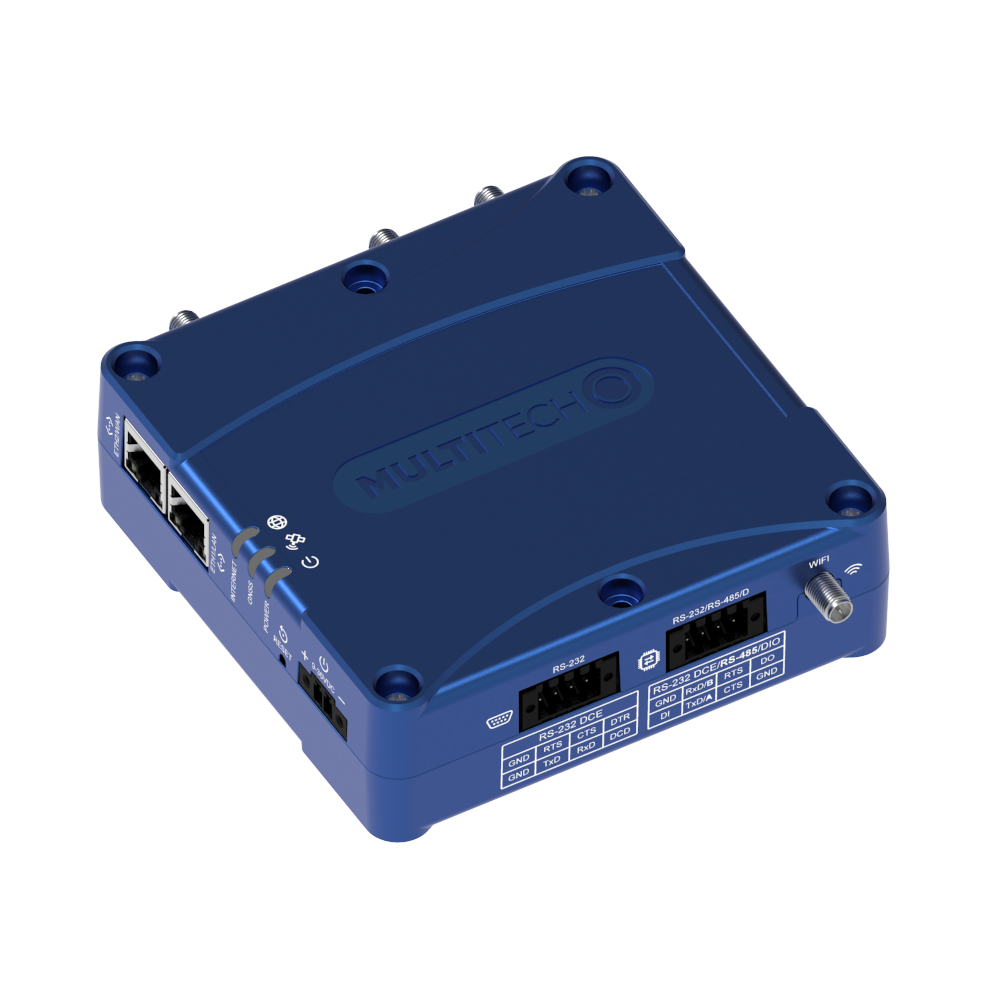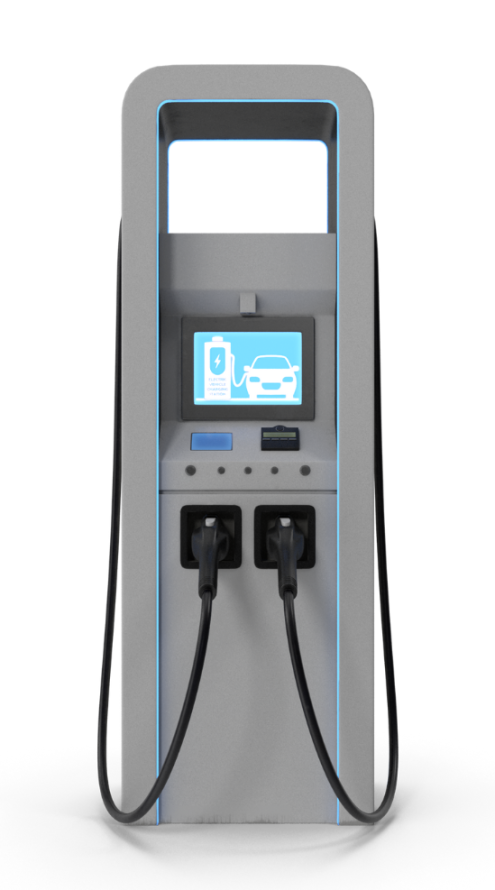rCell 300 Series
Optimized for use in the management and monitoring of EV charging stations
Industrial-grade LTE Cat 4 edge-intelligent router, designed to securely connect multiple devices via Serial, Ethernet, or Wi-Fi to the internet and on-prem data platforms.
Ensuring secure and redundant communications, essential for resilient remote monitoring, control, and automation across various industries and distributed enterprises.

